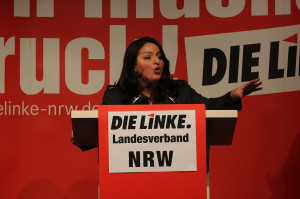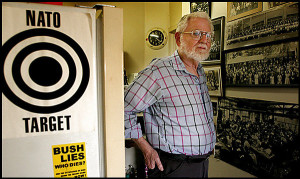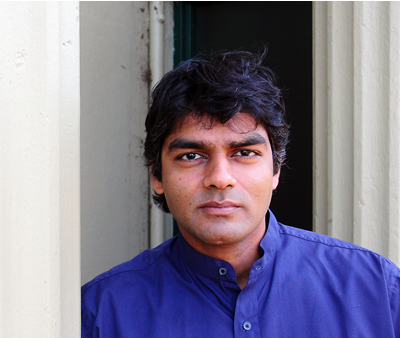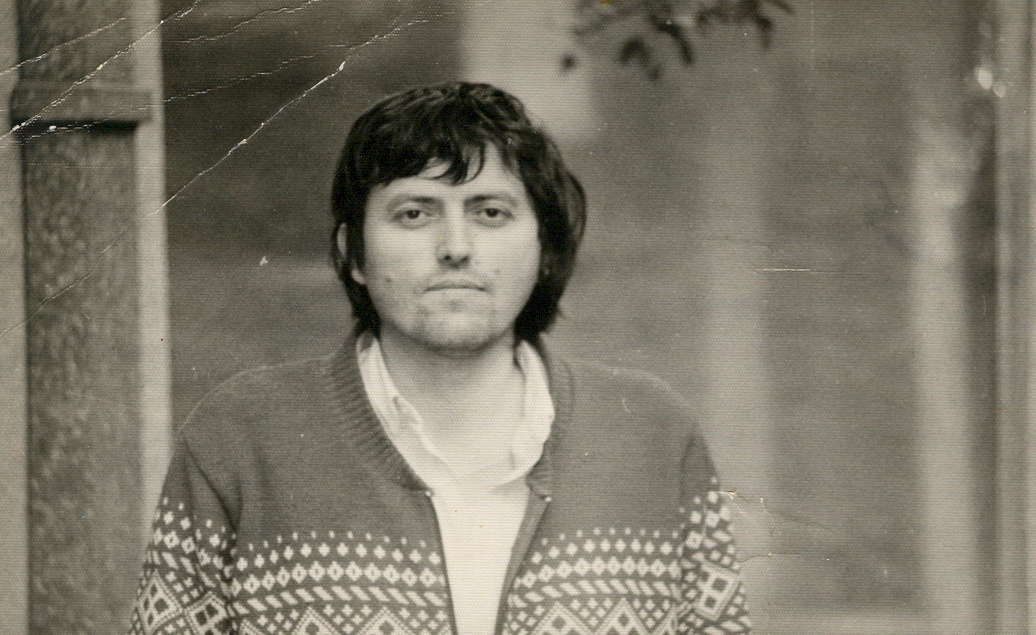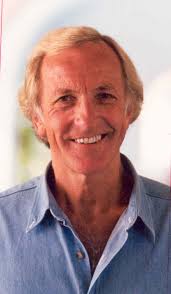100 Years since the ”Shot Heard Round the World”
By Milenko Srećković
Although whole epoch in the eve of the First World War was filled with many similar political assassinations, Gavrilo Princip`s shooting of Austrian Archduke Franz Ferdinand – that took place on this day exactly one hundred years ago – is best remembered because it was a pretext for the attack on Serbia that eventually led to the start of the Great War. The mere fact that the Austrian attack on Serbia led to the military involvement of all great powers tells us that at the stake was something much bigger than only punishing Serbia for disobedience to the empire. Most of the historians agree that the attack was prepared much before than the assassination took place and that it was used as an immediate incentive but not as a real cause for the military campaign against Serbia. Germany stepped in to help Austria, and Russia stepped in to help Serbia; but colonial rearrangement and imperial pretensions were the main concerns of the conflict.
However, the approaching First World War centenary brought out many voices and even commemorations that are shifting the blame for the First World War on Serbia and Russia. This history revision to certain extent seems designed more to justify the role of international community during the violent breakdown of the Socialist Federal Republic of Yugoslavia in the 1990`s than to reveal anything new about the events that led to the First World War.
Jürgen Habermas, famous German sociologist, philosopher, and one of the world`s leading intellectuals, recently stated for Croatian weekly Globus that former Vice Chancellor of Germany Hans-Dietrich Genscher ”made terrible mistake when he prematurely recognized the [secession of] Croatia” from the ”wonderful project” known as Yugoslavia. The idea of this ”wonderful project” that manifested itself first as a Kingdom of Serbs, Croats and Slovenians in 1918 and then was renamed into Kingdom of Yugoslavia in 1929, has motivated the activity of the revolutionary movement Young Bosnia, whose member was Gavrilo Princip and which included primarily Serbs but also Croats and Bosnian Muslims. During his trial Princip said: “The political union of the Yugoslavs [..] was my basic idea [..] I am a Yugoslav nationalist, aiming for the unification of all Yugoslavs, and I do not care what form of state, but it must be free from Austria”.
While the new revisionist voices take for granted that Gavrilo Princip was a terrorist (for some, equal to Osama Bin Laden), in Yugoslavia he was regarded as a hero who was fighting against tyranny and social injustice. Anyhow, defining who is terrorist and who freedom fighter seems very powerful geostrategic tool for influencing outcomes of the different political and social turmoils; this method one can see to be often used in many regions of the world as it was in the Balkans intensively. For example, before the NATO bombing of Serbia and Montenegro in the 1999, USA was adding fuel to the fire in Serbian autonomous province Kosovo through providing support and training to the KLA, Kosovo Albanian armed group that was violently crashed by Serbian state (though not as violently as most of the military operations of the USA’s War on Terror). To oppose this Serbian anti-terrorist military intervention, NATO, in coordination with KLA, launched the bombing campaign under the pretext of defending Kosovo Albanians human rights. After the war it was revealed not only that many of the Serbia`s accusations against KLA were true (as opposed to never found weapons of mass destruction in Iraq), but reports of much more tremendous crimes of organ trafficking began to appear. Recent Vice News video report tells the whole story about that.
But of course that was not the first time that the defining whether one group is terrorist or not is based on the immediate interests of the imperialistic goals. Many times during the occupation of Yugoslavia, Hitler was labeling guerrilla groups that were fighting against him as ’’bandits’’. To defeat the resistance, Wehrmacht issued an order in September 1941 that called for the German Army to shoot hundred Serbs for every German soldier killed by the ”bandits”. Thousands of civilians were shot just in one day.
 Hitler considered that Gavrilo Princip was of course a bandit too. For his birthday he got a special present from Sarajevo (see photo), the memorial dedicated to Gavrilo Princip that was taken away from occupied Sarajevo. Obtaining the Princip’s memorial was a symbolic compensation for the defeat of German Army in the First World War and retaliation for Serbian resistance to German imperialistic goals in the Second World War.
Hitler considered that Gavrilo Princip was of course a bandit too. For his birthday he got a special present from Sarajevo (see photo), the memorial dedicated to Gavrilo Princip that was taken away from occupied Sarajevo. Obtaining the Princip’s memorial was a symbolic compensation for the defeat of German Army in the First World War and retaliation for Serbian resistance to German imperialistic goals in the Second World War.
At this moment, new divisions in Bosnia are emerging over different interpretations of the past. The government in Sarajevo is erecting the statue of the Franz Ferdinand, while Bosnian Serbs are planning to build a monument dedicated to Gavrilo Princip in East Sarajevo and Serbian government announced building of similar monument in the fortress Kalemegdan, located in the center of Belgrade. One man`s terrorist is another man`s freedom fighter.




